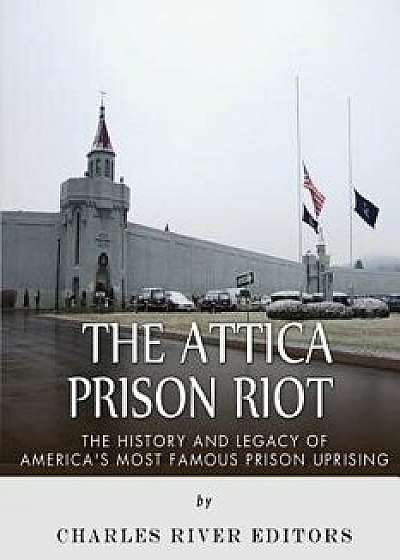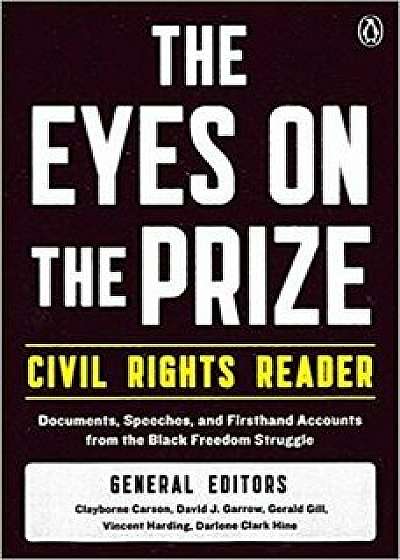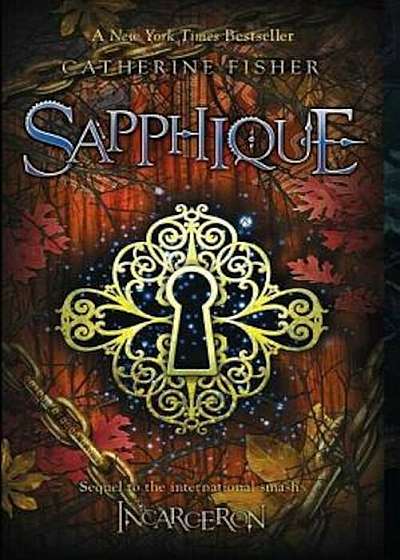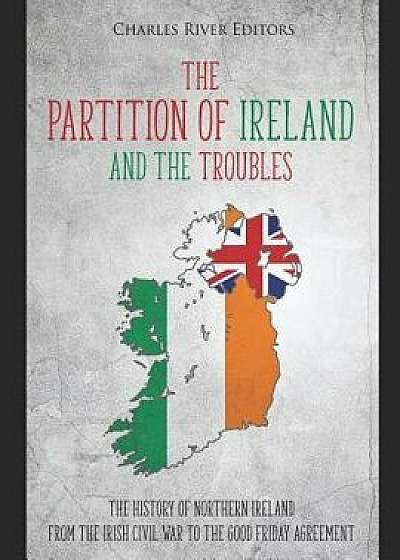
The Attica Prison Riot: The History and Legacy of America's Most Famous Prison Uprising, Paperback/Charles River Editors
Descriere
Includes pictures Includes accounts of the riot by inmates, hostages, and state officials Includes online resources and a bibliography for further reading Includes a table of contents "If we can't live as men, we sure as hell can die as men." - A prisoner in Attica In 1971, America was still undergoing plenty of social turmoil, much of it the result of sweeping changes made via the Civil Rights Movement of the previous decade and the Vietnam War, which helped spark the counterculture. Students had been shot at Kent State by the National Guard the year before, and protests were still prominent across the country. One of the movements galvanized during this time was on behalf of the nation's prisoners, who were often subjected to shoddy treatment in state penitentiaries and subjected to racist treatment, but that was naturally on the backburner for most Americans who remained free until the notorious Attica State Prison riot from September 9-13, 1971. The unfolding drama, during which over 2, 000 prison inmates began an uprising inside the well-fortified facility and held dozens of staff hostage, transfixed America until the insurrection was violently put down and over 40 were dead. In the wake of the riot, New York Governor Nelson Rockefeller, who had ordered the rebellion put down, accused the prisoners of committing "the cold-blood killings they had threatened from the outset," but others saw it from a far different perspective. While the New York Times characterized it in a more evenhanded fashion and bemoaned the "mass deaths that four days of taut negotiations had sought to avert," the prisoners were often portrayed as taking a heroic and righteous stand against the system. Perhaps the most famous representation of the riot was its commemoration in John Lennon's "Attica State," during which he sang, "We're all mates with Attica State." To this day, nearly 45 years later, the riot continues to be controversial. The Attica Prison Riot: The History and Legacy of Ame











